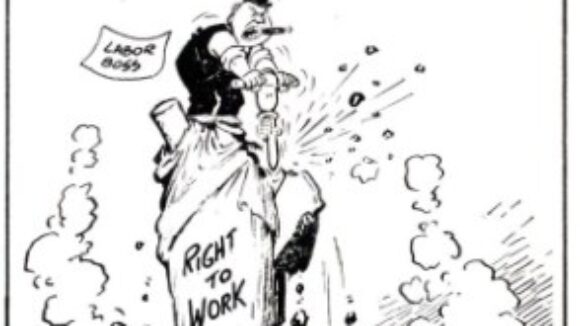Teachers Strike Hurts Families
When you put the interests of your paycheck ahead of the children you're teaching, you shouldn't be surprised that when you go on strike children are hurt. Jeff Jacoby looks at the impact: The true long-term impact of the Chicago teachers strike may not be known for some time. But there is no mystery about its impact in the immediate term -- anxiety, panic, and disruption for myriad mothers and fathers left in the lurch when 30,000 members of the Chicago Teachers Union walked away from their classrooms last week just as a new school year was getting underway. "Parents and guardians frantically sought last-minute child care, pleaded with their bosses for leniency, and hoped that their kids would return to school sooner rather than later,"reported the Chicago Sun-Times. "Citywide, for thousands of families, stress was high." The paper quoted Martina Watts, a mother in West Garfield Park, one of the city's rougher neighborhoods: "I might be losing my job over this. As long as they're on strike, I can't work. I'm not getting paid." Construction worker Allen Packer told a TV interviewer that he had to switch from full-time work to a part-time night shift so he could be home with his young daughter during the day. "I kind of understand what they're trying to do," he said of the striking teachers. "But this is not just them." He gestured toward his daughter. "It's her education, first of all. Then my paycheck for the food."

